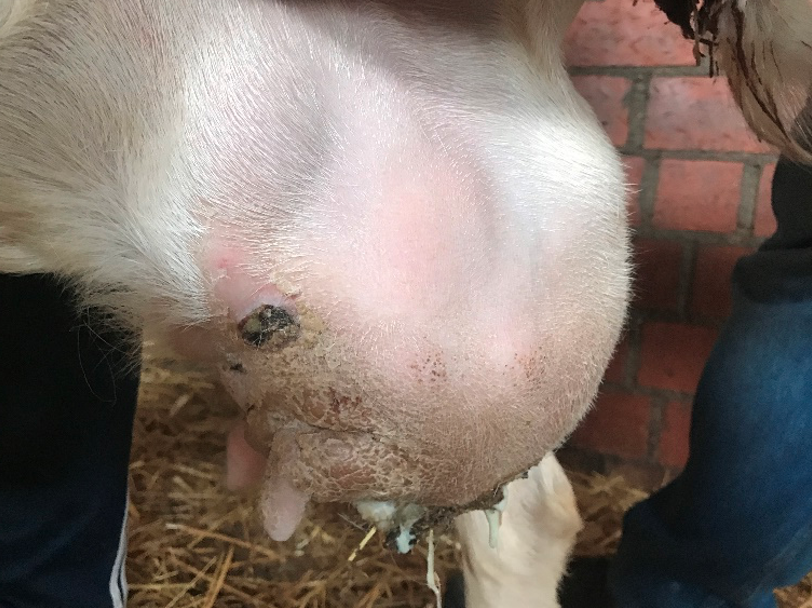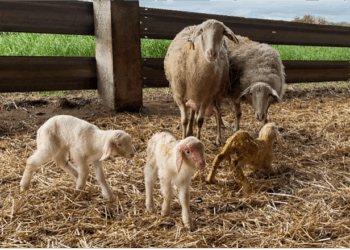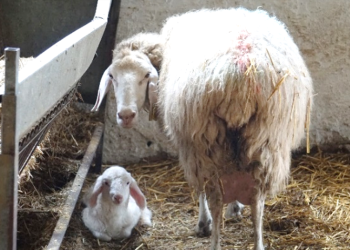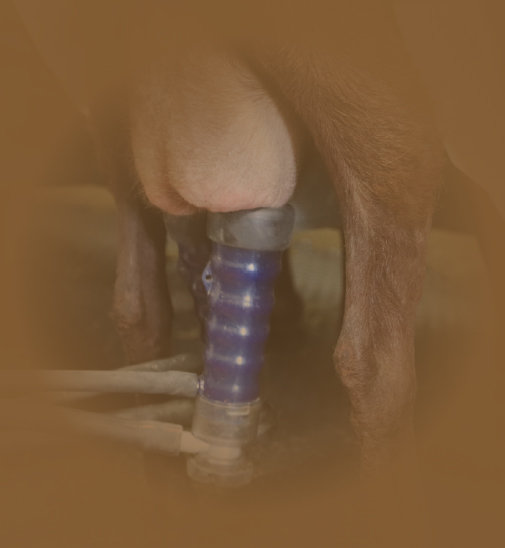Welfare in small ruminants
Animal welfare is becoming increasingly important in livestock farming, as it has a direct impact on productivity and profitability. Sheep and goats are no exception, but simply from their behavior it can be difficult to assess their welfare.
Small ruminants do not tend to show signs of pain or stress, making it difficult to assess their welfare.
However, some signs of discomfort in sheep and goats are: vocalization, tremors, panting, abnormal postures, excess or lack of movement, changes in feeding, increased alertness, changes in social patterns and decreased production.
Impact of mastitis
Diseases and their complications greatly affect animal welfare. In addition, they can have effects at both the individual and herd level.
According to experts, mastitis is one of the 3 main factors that affect welfare in sheep
One study found that the 3 main welfare problems in sheep are: heat stress, lameness and mastitis.
Mastitis in sheep and goats is a serious problem in all animal management systems, although it is more important on intensive dairy farms. However, in extensive systems it could be underestimated, since it is more difficult to detect it.

Mastitis in sheep and goats is an extremely painful condition, due to the main injuries:
– Inflammation of the udder
– Nipple and duct injuries
– Mechanical hyperalgesia (increased sensitivity to pain)
– Necrosis in hyperacute cases, which can lead to loss of part of the udder causing a large wound.
Clinical mastitis causes pain, stress, restlessness and changes in feeding behavior
Conclusions
– Painful diseases such as mastitis seriously affect animal welfare
– It is crucial to carry out routine examinations to detect cases of mastitis
– Implementing measures to prevent mastitis will reduce its impact on animal welfare.
Article written by:
Tania Perálvarez Puerta. Global Product Manager, Small Ruminants Franchise – HIPRA




